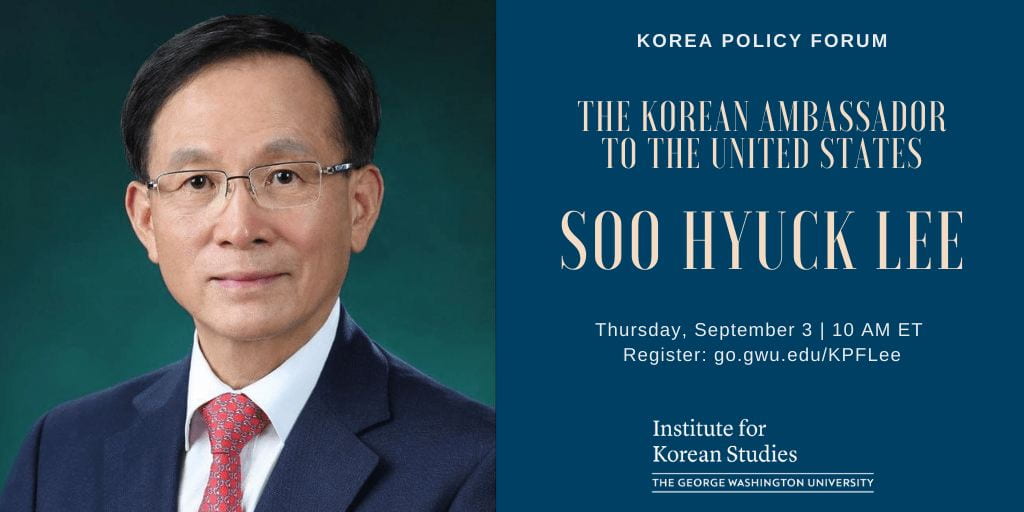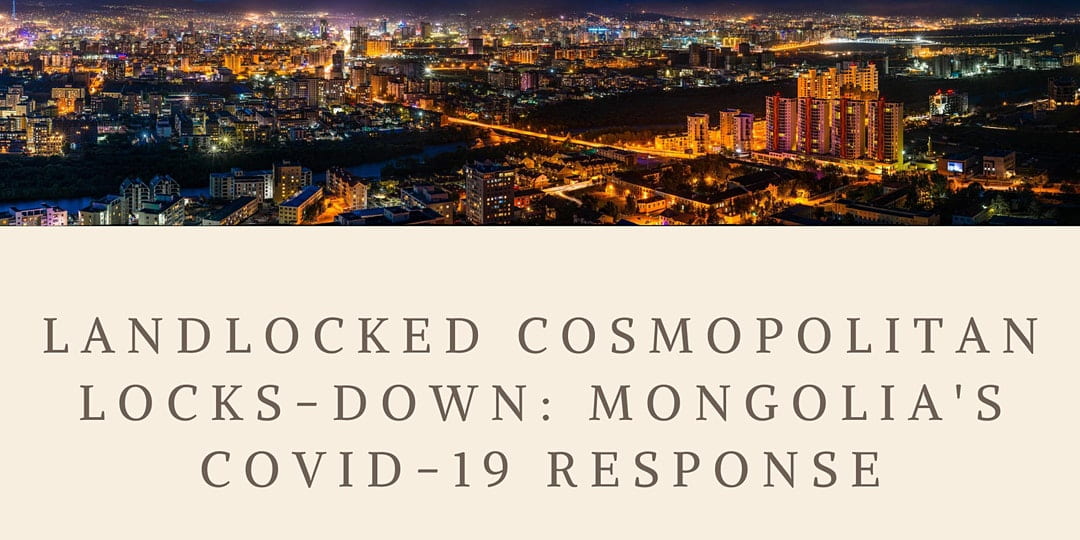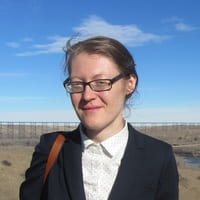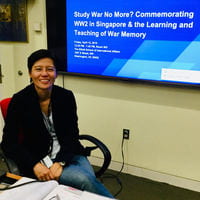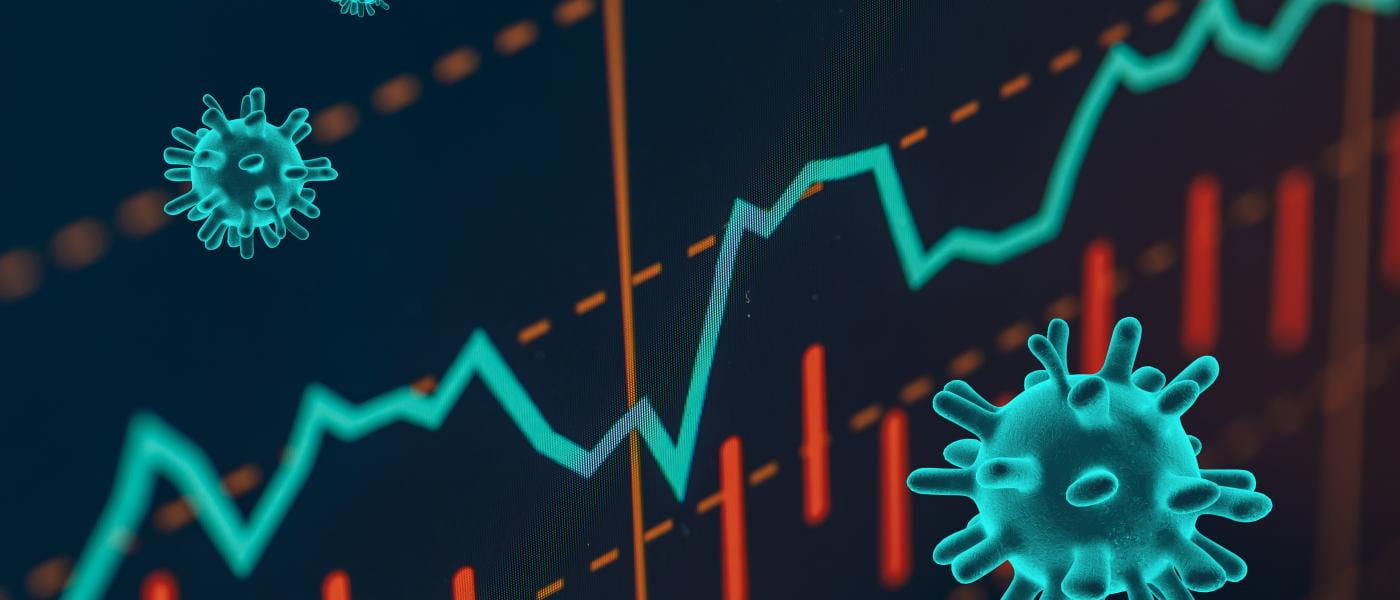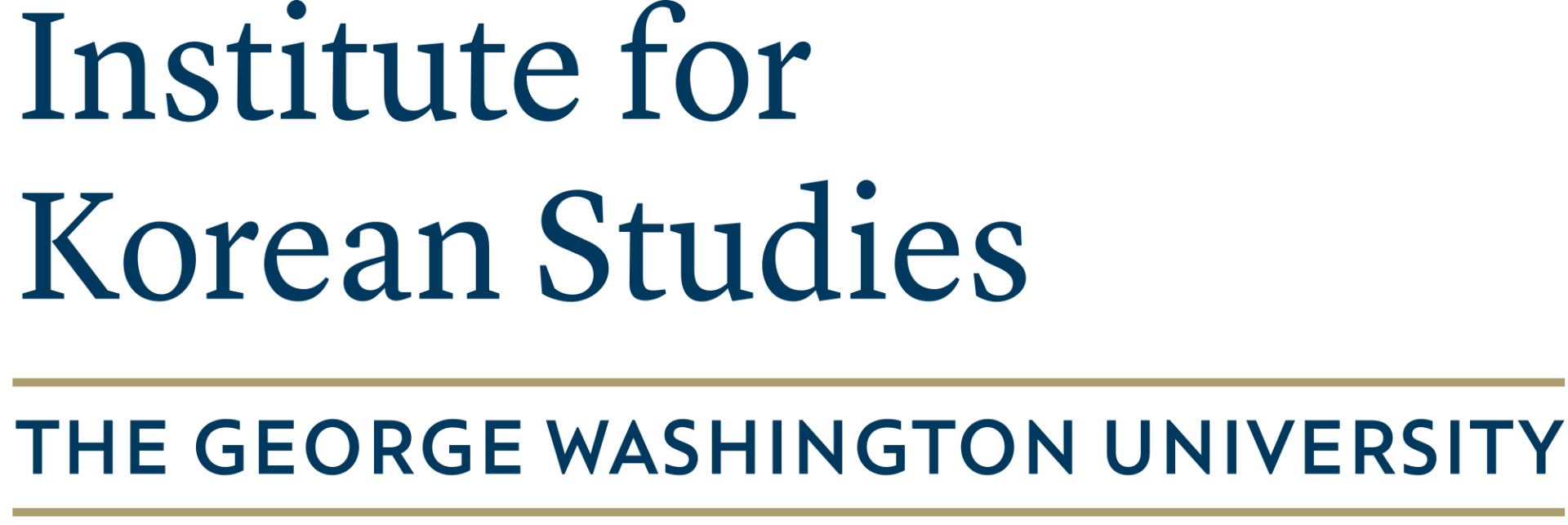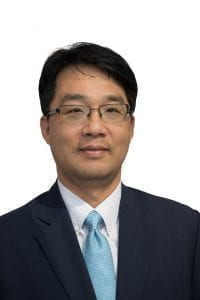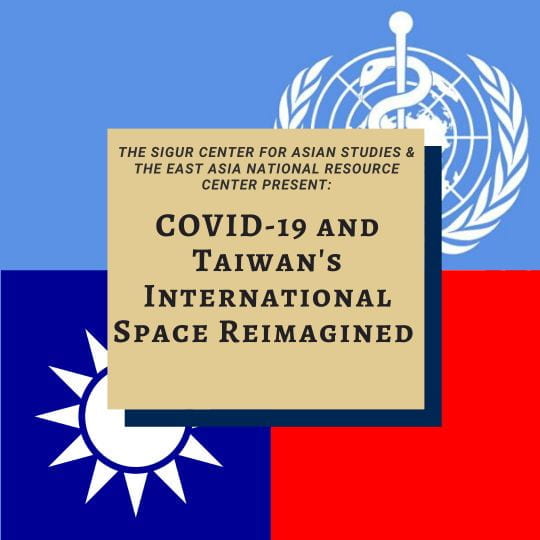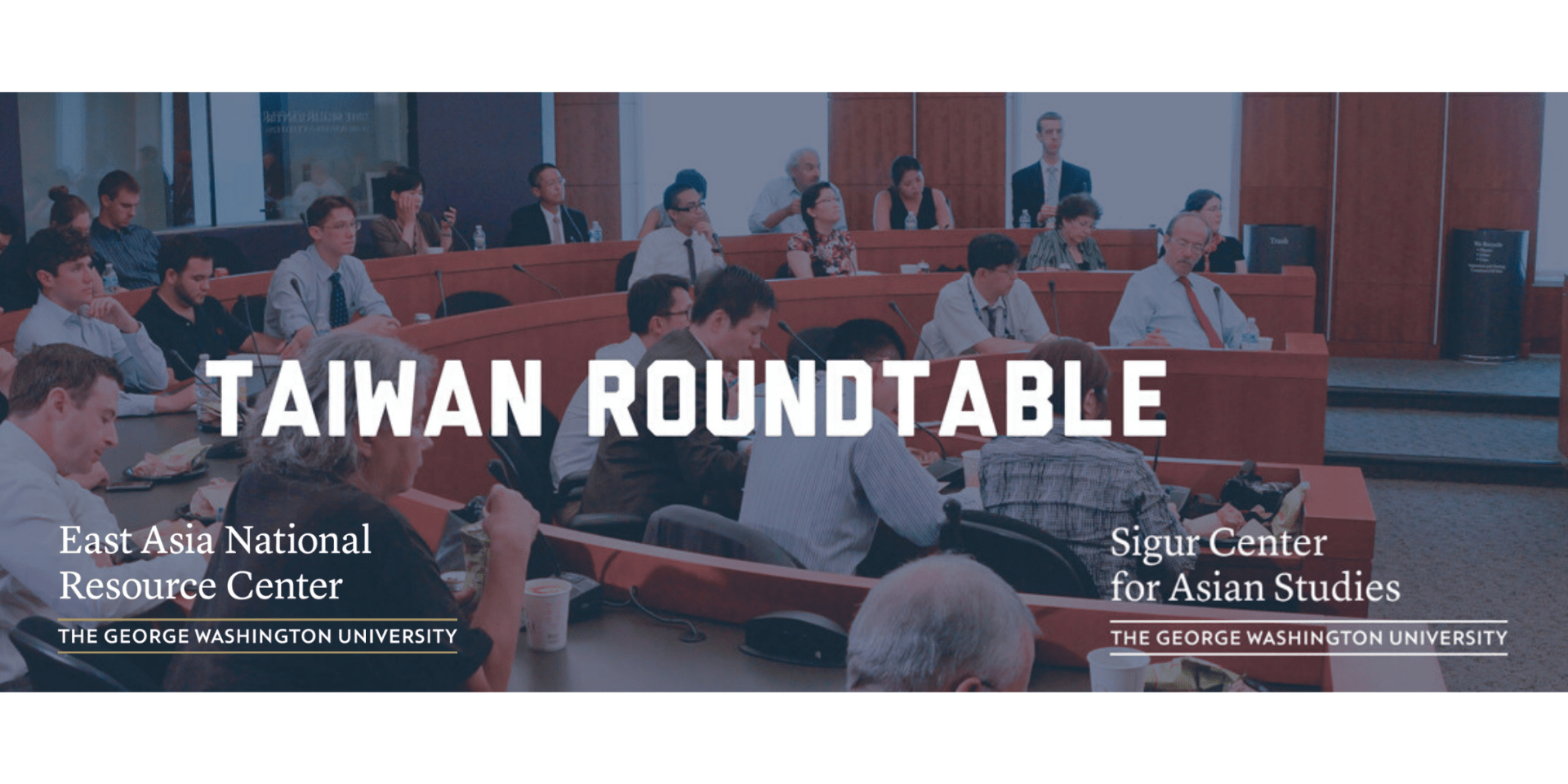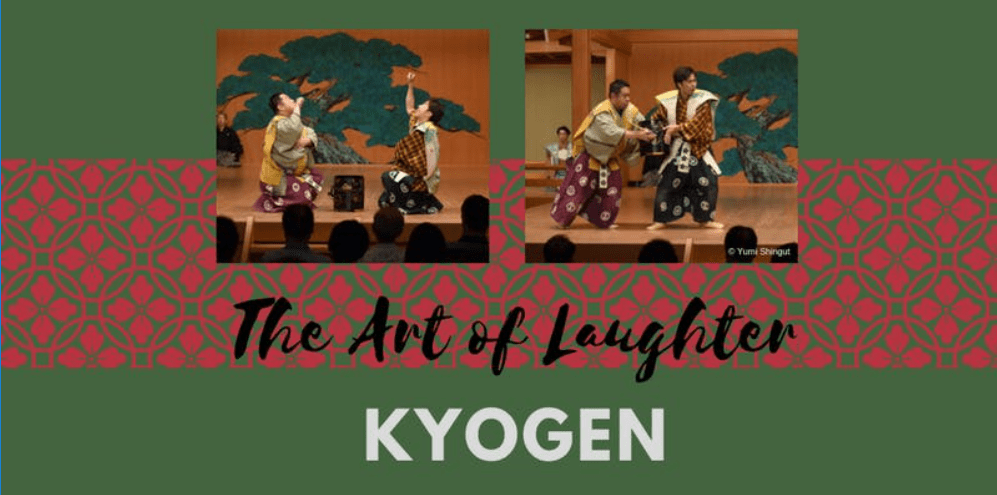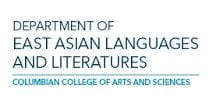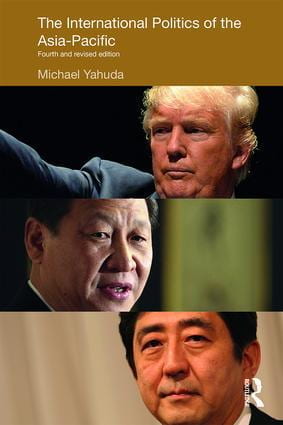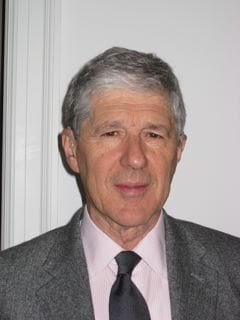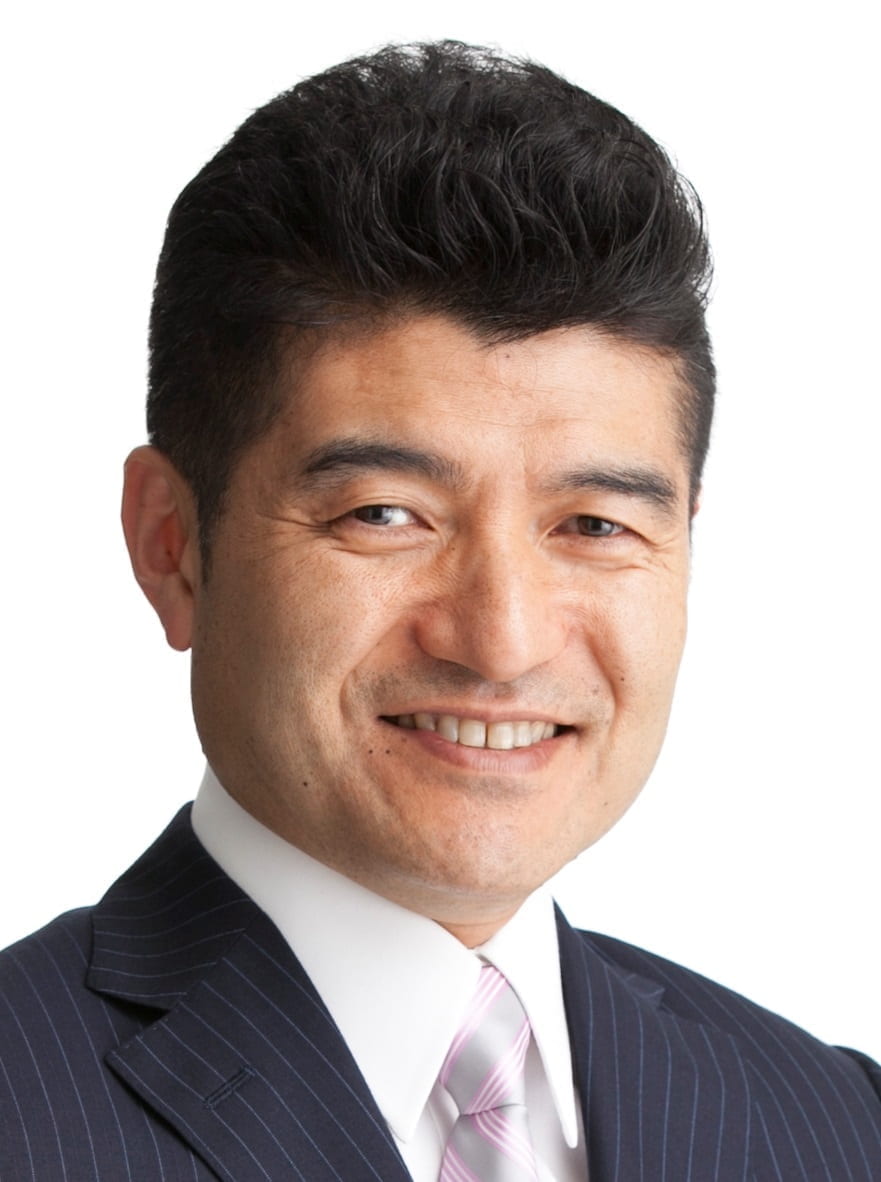Thursday, September 3, 2020
10:00am – 11:00am EDT
Livestream via Zoom
Event Description
During the last seventy years, the bilateral relationship between the Republic of Korea and the United States of America has been a lynchpin through which peace and stability has been maintained in Northeast Asia. A relationship that was originally a military alliance has evolved to become a partnership incorporating political, economic, and cultural cooperation as well.
The ongoing pandemic has proven to be another area where the partnership has demonstrated real results, as both country’s governments and businesses have undertaken new measures to cooperate in areas related to health and welfare and worked to reinvigorate bilateral trade.
Please join us for an online discussion with Soo Hyuck Lee, the Korean Ambassador to the United States, as he looks back on the evolution of seventy years of bilateral cooperation and examines what lies ahead for the relationship’s next seventy years.
Speaker
Soo Hyuck Lee
Ambassador of the Republic of Korea to the U.S.
Moderator
Jisoo Kim
Director, GW Institute for Korean Studies; Co-Director, East Asia NRC
Speaker

Ambassador Lee is an experienced Diplomat and former Legislator, Ambassador Lee has served as Korean Ambassador Extraordinary and Plenipotentiary to the United States since October 2019. Prior to his appointment, Ambassador Lee served as a Member of the 20th Korean National Assembly, where he was a member of the Foreign Affairs and Unification Committee, an Endowed Chair Professor at Dankook University in Seoul and First Deputy Director of the National Intelligence Service. He was previously the Ambassador to Germany, Deputy Minister for Political Affairs at the Ministry of Foreign Affairs and Trade, Ambassador to the Federal Republic of Yugoslavia, and Minister Counselor at the Korean Embassy in the United States. Ambassador Lee has published multiple works, including Conversations with Unified Germany (2006), Transforming Events – Analysis of North Korea’s Nuclear Issues (2008), and North Korea is a Reality (2011). He has twice been awarded the Order of Service Merit. He received his BA in International Relations from Seoul National University and MA in Political Science from Yonsei University. He is married with two sons.
